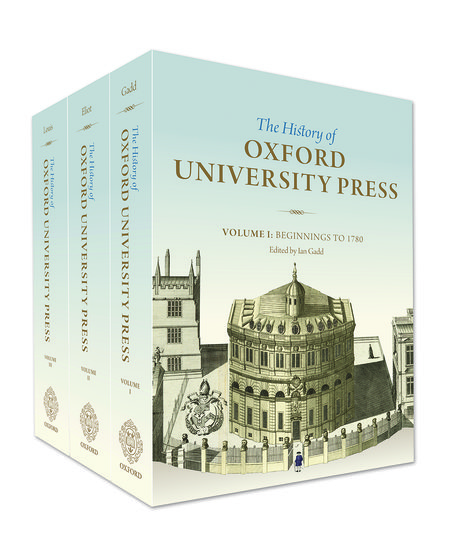Little triumphs of etymology: “pedigree”
By Anatoly Liberman
If I find enough material, I may tell several stories about how after multiple failures the ultimate origin of a common English word has been found to (almost) everybody’s satisfaction. The opening chapter in my prospective Decameron will deal with pedigree, which surfaced in English texts in the early fifteenth century.

